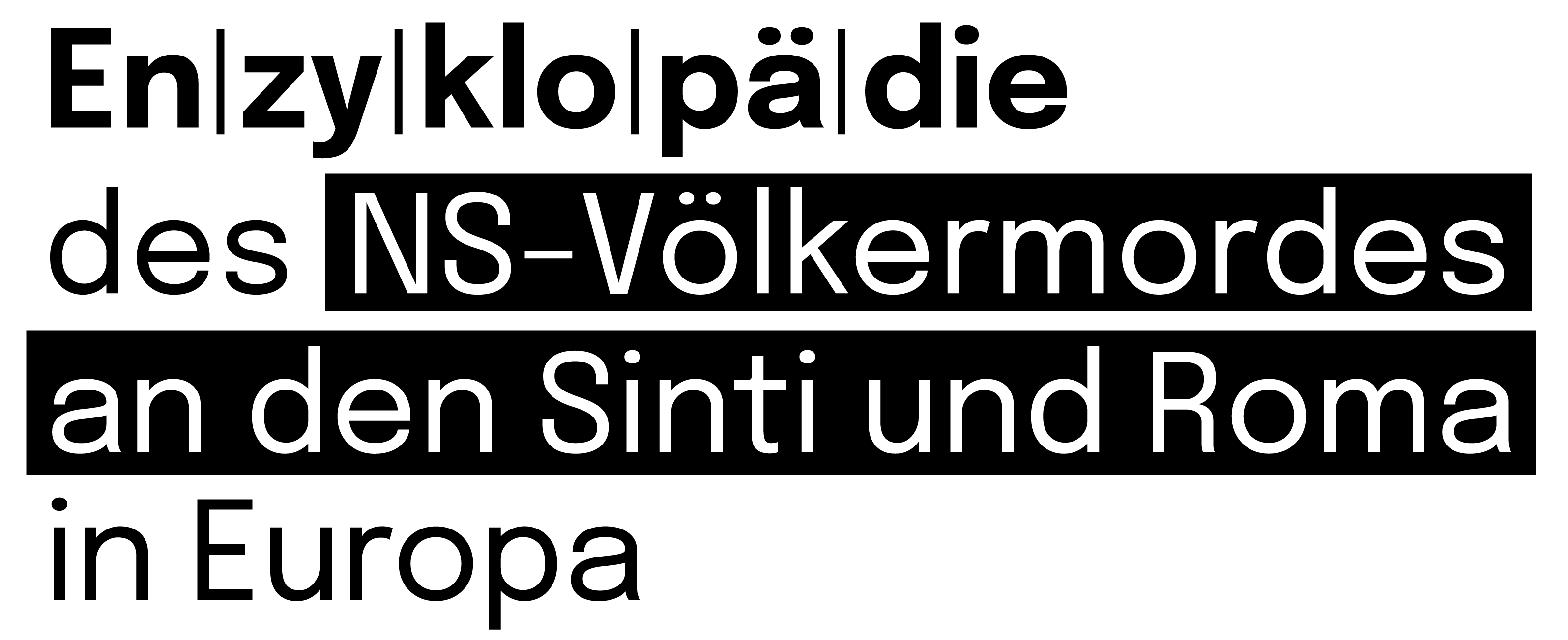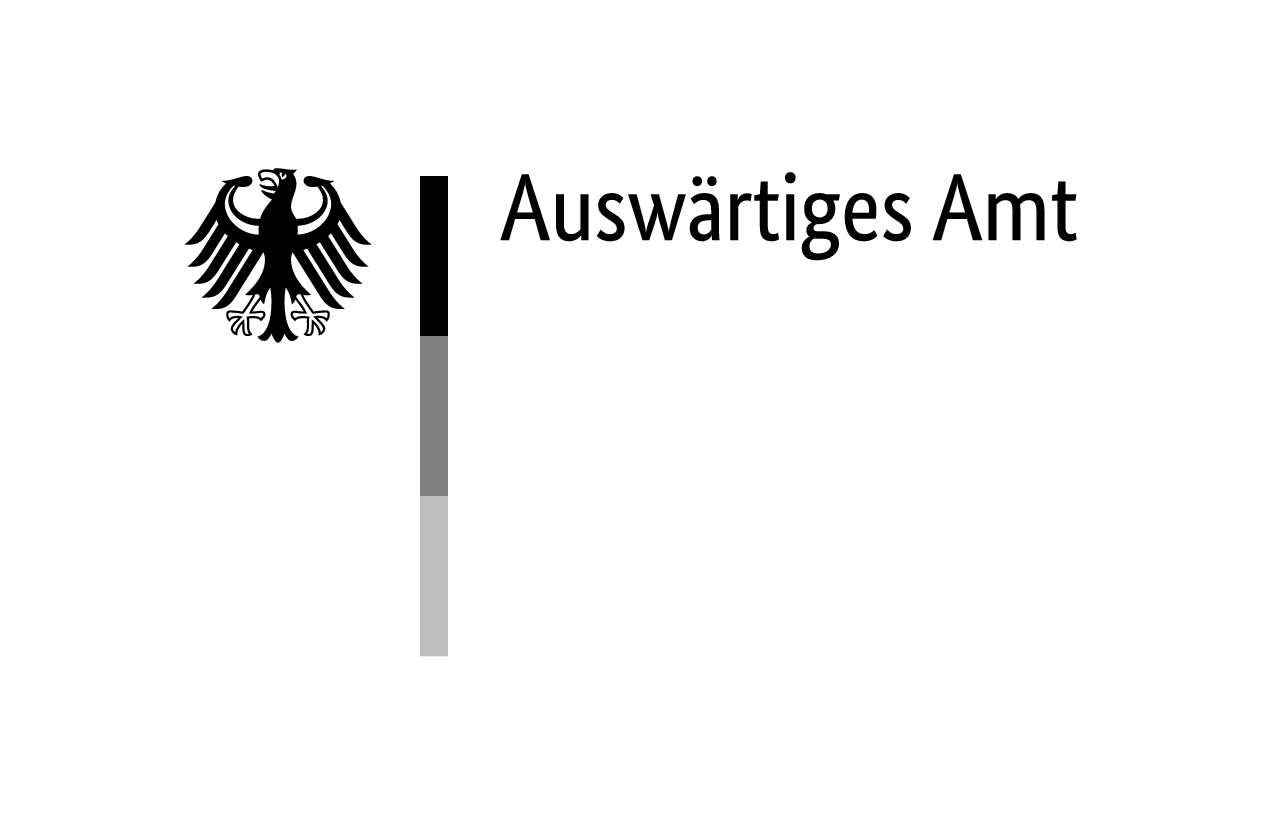The aliens police [Police des Étrangers or Vreemdelingenpolitie] was a specialised police force in Belgium. In 1839, the Minister of Justice had commissioned the Public Security [Sûreté publique/Openbare Veiligheid], which was under his authority, to set up a police force to monitor ‘foreigners’ and expel ‘undesirable persons’. In addition to foreigners, this also included all persons who were considered ‘Gypsies’.
All Belgian administrative units, including municipal authorities, the military and courts, were obliged to assist and pass on information to the aliens police. The exchange of data also took place on an international level: Among other things, Public Security sent a delegation to the International Criminal Police Commission in Vienna for the first time in 1934.
Following the start of World War II, the Belgian parliament transferred extensive powers to the executive and the aliens police were given authority over ‘foreigners’ in Belgium. After the German occupation of Belgium in May 1940, Public Security was dissolved, but the aliens police remained in place. The previous head of Public Security, Robert de Foy (1893–1960), was appointed head of the aliens police.
The aliens police was a male-dominated authority. The majority of senior officials were men with legal training who were employed there for a long time. Women were only employed as fingerprint analysts. In the second half of 1943, a large number of young men were also newly employed. During the years of occupation, the authority was given additional powers by the German Military Commander for Belgium and Northern France.
Introduction of Special Registration
At the end of 1941, the Belgian authorities took the initiative and began to register the people they considered to be ‘Gypsies’ as a ‘race’. In a circular dated 12 December 1941, the aliens police ordered the replacement of the ‘reiswijzer’ / ‘feuilles de route’, which had previously functioned as identity papers, with a ‘Zigeunerkaart’ or ‘carte de nomades’ (‘Gypsy card’ in Flemish, ‘Traveller card’ in French). The gendarmerie was ordered to issue these between 5 and 20 January 1942.
From 21 January 1942, every person over the age of 15 without a fixed abode was obliged to carry such a card with them. The ‘Zigeunerkaart’ was a residence permit that had to be renewed every three months by the immigration police. On the 5th of each month, the holders had to report to the gendarmerie. They had to wait several days under supervision for their cards to be renewed. If the card was refused, the person concerned had to leave Belgium. People who travelled without a card and under an alias could still be identified through the identification service. They were then issued with a new ‘Zigeunerkaart’.
Arrest Plans
In the summer of 1943, the aliens police made plans to arrest all ‘Gypsies’. In addition to detention in prisons, a camp in Lokeren was also considered. The aliens police assumed that around 260 people would be imprisoned and had drawn up separate data sheets for each of 57 families, in which names, dates of birth and the number of the ‘Zigeunerkaart’ were noted. However, the detailed plans were not implemented, as arrests by the German occupying forces began in the autumn of 1943. A note in the file stated: ‘As the occupying power has decided to arrest all Romanichels, the question of their internment no longer arises at present. The matter will be re-examined at a later date.’1Algemeen Rijksarchief, Ministerie van Justitie, Bestuur Openbare Veiligheid. Vreemdelingenpolitie. Algemene dossiers 2de reeks, 1245: N. 74/C/4/15, Internement des romanichels. Internal note dated 25 November 1943, original: ‘L’autorité occupante ayant decide de proceder a l’arrestation de tous les romanichels, la question de leur internement ne se pose plus pour l’instant. Affaire a revoir plus tard.’ Translation into English: Eve Rosenhaft. The ‘Zigeunerkaart’ proved to be a useful tool for locating their owners.
The aliens police denied any direct involvement in arrests. According to the minutes of a meeting in the offices of the aliens police dated 10 December 1943, the Director General Robert Standaert (1889–1975) and the Director of the Department of Religious Affairs at the Ministry of Justice, Leon Platteau (1905–1974) were visited at the end of November 1943 by a member of the Security Police (Sipo-SD) and an unnamed German Detective Chief Superintendent. The Germans demanded the co-operation of Belgian gendarmerie and the aliens police in the arrests. The aliens police refused to collaborate, arguing that there were legal hurdles. The minutes state: ‘Replied that we would certainly like all nomads to leave the kingdom, but we cannot arrest them for that reason and hand them over to the occupying power.’2Algemeen Rijksarchief, Ministerie van Justitie, Dossier relatif aux instructions des autorités allemandes d’occupation concernant l’internement des nomades et les autorisations de visites, 1940–1943. Internal protocol of 10 December 1943. Doc. 6. Original: ‘Répondu que si nous souhaitons voir tous des nomades quitter de Royaume, encore ne pouvons-nous, dans ce but, les arrêter pour les livrer a l’autorité occupante.’ Translation into English: Eve Rosenhaft.
Continuation of Registration until 1975
After the liberation of Belgium in September 1944, Public Security was reinstated and the aliens police once again came under its authority. It was not until 1952 that the wartime legislation came to an end. At that point, the authority’s autonomy was restricted, but only to a limited extent, and the powers extended under wartime legislation were also consolidated.
The aliens police maintained its practice of issuing ‘Zigeunerkaarten’: they continued to be used in unchanged form and were only abolished in January 1975. However, this did not put an end to discriminatory language, the refusal to recognise Belgian citizenship and the resulting arbitrary expulsions by the aliens police.
At the end of August 1977, the aliens police was renamed Dienst Vreemdelingenzaken/Office des Étrangers [Aliens Affairs Office]. In 1994, the authority was transferred from the jurisdiction of the Ministry of Justice to that of the Ministry of the Interior. Despite this change, its remit remained the same: Even today, foreigners must register there upon arrival in the Kingdom.




